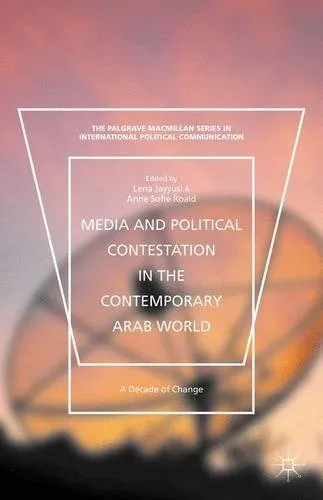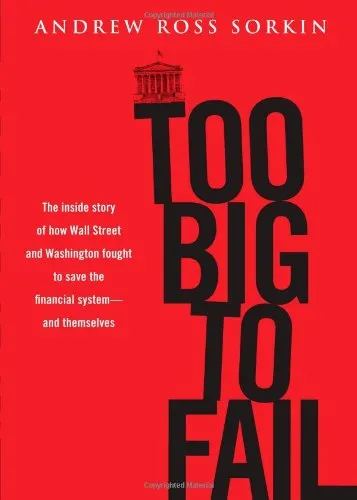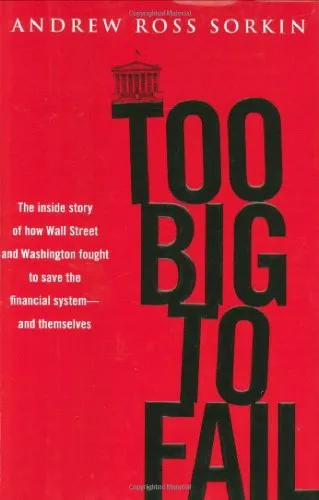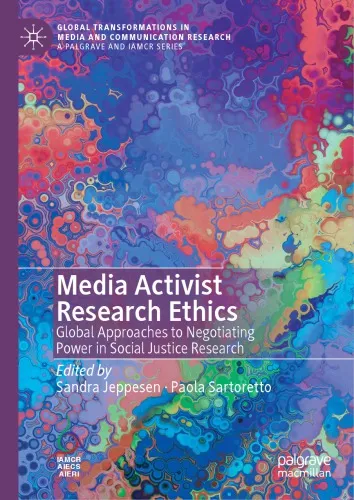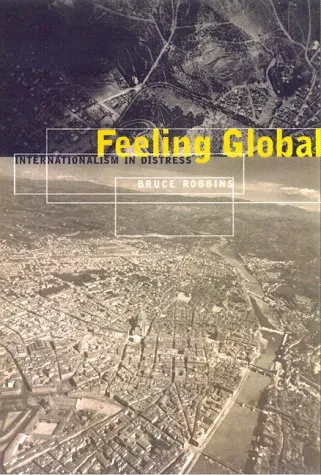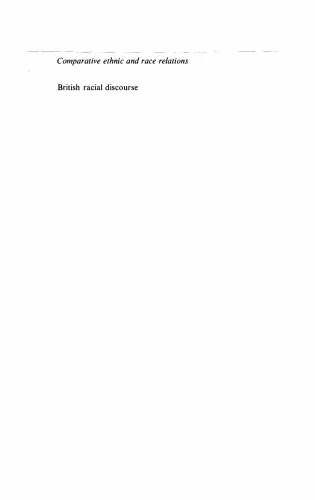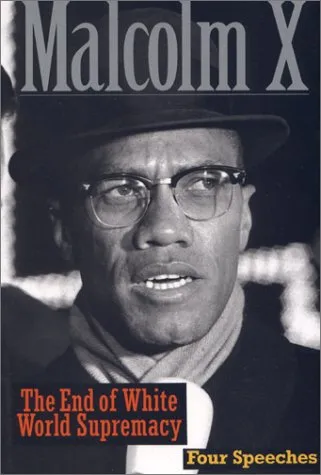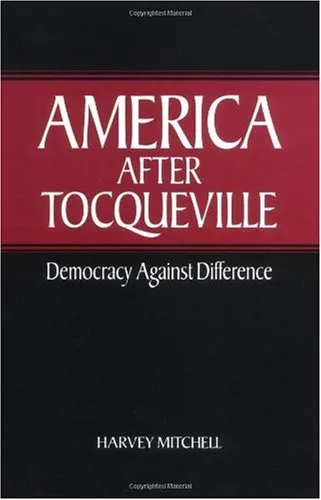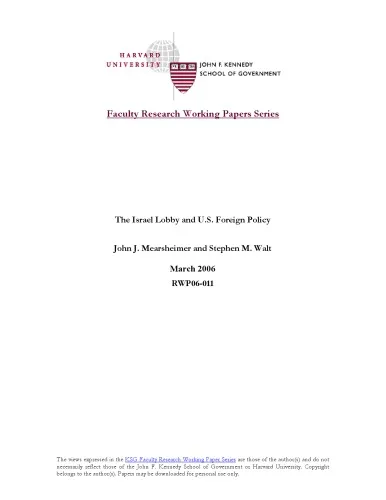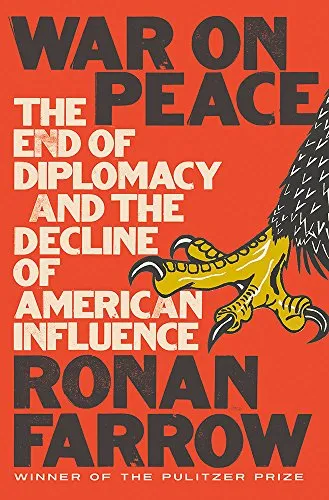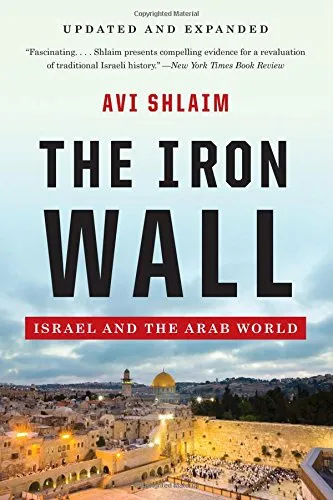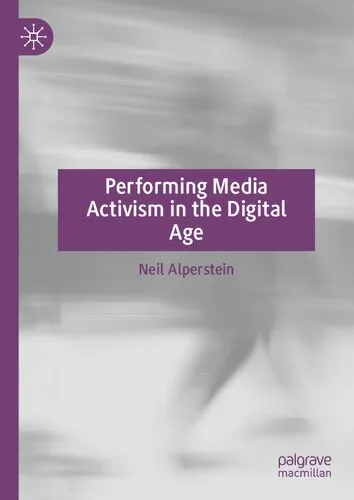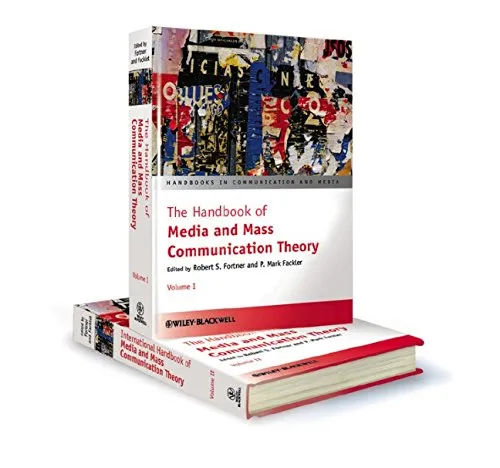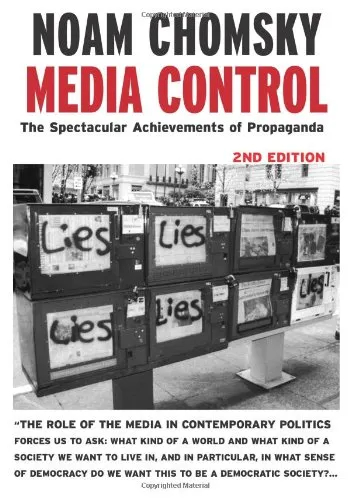Media and Political Contestation in the Contemporary Arab World: A Decade of Change
4.5
Reviews from our users

You Can Ask your questions from this book's AI after Login
Each download or ask from book AI costs 2 points. To earn more free points, please visit the Points Guide Page and complete some valuable actions.Related Refrences:
Introduction to Media and Political Contestation in the Contemporary Arab World: A Decade of Change
Over the past decade, the Arab world has undergone transformative changes, marked by political upheavals, social movements, and the rapid evolution of media technologies. Media and Political Contestation in the Contemporary Arab World: A Decade of Change dissects these shifts, providing an in-depth analysis of the intricate interplay between media dynamics and political contestation. Written as an interdisciplinary exploration, this book delves into the role of media—both traditional and new—in shaping public discourse, contesting authoritarianism, and energizing grassroots movements.
Rooted in the context of the Arab uprisings and their aftermath, the book examines the ways in which digital platforms, satellite channels, and print media have transformed from informational outlets into arenas of struggle and empowerment. Across its chapters, the authors explore how media production, circulation, and consumption have intersected with political agendas, ideological battles, and calls for justice. The narrative is enriched through case studies from diverse Arab countries, presenting readers with an expansive view of how local contexts and global forces collide.
Detailed Summary of the Book
Media and Political Contestation in the Contemporary Arab World is structured around critical themes and trends that define political and media landscapes in the region. The book opens by mapping the socio-political transformations catalyzed by the Arab uprisings. It places significant focus on how protest movements utilized digital platforms and social media as tools of communication, mobilization, and resistance.
The authors also address the shifting power dynamics between authoritarian states and citizens empowered by unprecedented access to media infrastructure. The emergence of non-state actors, citizen journalists, and new media platforms created a complex terrain for contestation, challenging the state’s monopoly over information. At the same time, counter-responses from regimes—including media censorship, cyber warfare, and propaganda campaigns—reflect the evolving strategies of control.
Each chapter explores a particular facet of the topic, such as the question of media ethics during conflict, the role of women in alternative media production, and the influence of diaspora communities in amplifying regional struggles. Case studies from nations like Egypt, Syria, Tunisia, and Yemen provide rich, localized insights, while comparative analyses reveal common patterns across the region.
Key Takeaways
- Media plays an increasingly critical role as both a tool for political resistance and a mechanism for state control.
- Social media platforms have empowered grassroots movements while also creating new vulnerabilities to surveillance and disinformation.
- The interaction between global media narratives and local realities strongly influences perceptions of regional conflicts.
- Understanding the relationship between media and politics is essential for deciphering the complexities of ongoing Arab world transformations.
Famous Quotes from the Book
"The medium is not just the message—it is the battleground where power is contested and identities are reshaped."
"To understand the Arab world today, one must study not only the revolutions on the streets but also the revolutions unfolding on screens."
"Media does not serve as a mirror to society but as a tool to mold, distort, and amplify its struggles."
Why This Book Matters
In a rapidly changing world, understanding the dynamics of media and political contestation is more crucial than ever. For scholars, students, and readers interested in media studies, Middle Eastern politics, or social change, this book offers a comprehensive lens into the ongoing transformations in the Arab world.
By combining rigorous research with accessible analysis, the book bridges the gap between academic inquiry and public discourse. Its relevance extends beyond the Arab region, shedding light on global debates about the role of technology, information, and collective activism in shaping political futures. This book is a must-read for anyone who seeks to grasp the profound interconnections between media and power in the modern age.
Free Direct Download
You Can Download this book after Login
Accessing books through legal platforms and public libraries not only supports the rights of authors and publishers but also contributes to the sustainability of reading culture. Before downloading, please take a moment to consider these options.
Find this book on other platforms:
WorldCat helps you find books in libraries worldwide.
See ratings, reviews, and discussions on Goodreads.
Find and buy rare or used books on AbeBooks.
1453
بازدید4.5
امتیاز0
نظر98%
رضایتReviews:
4.5
Based on 0 users review
Questions & Answers
Ask questions about this book or help others by answering
No questions yet. Be the first to ask!
